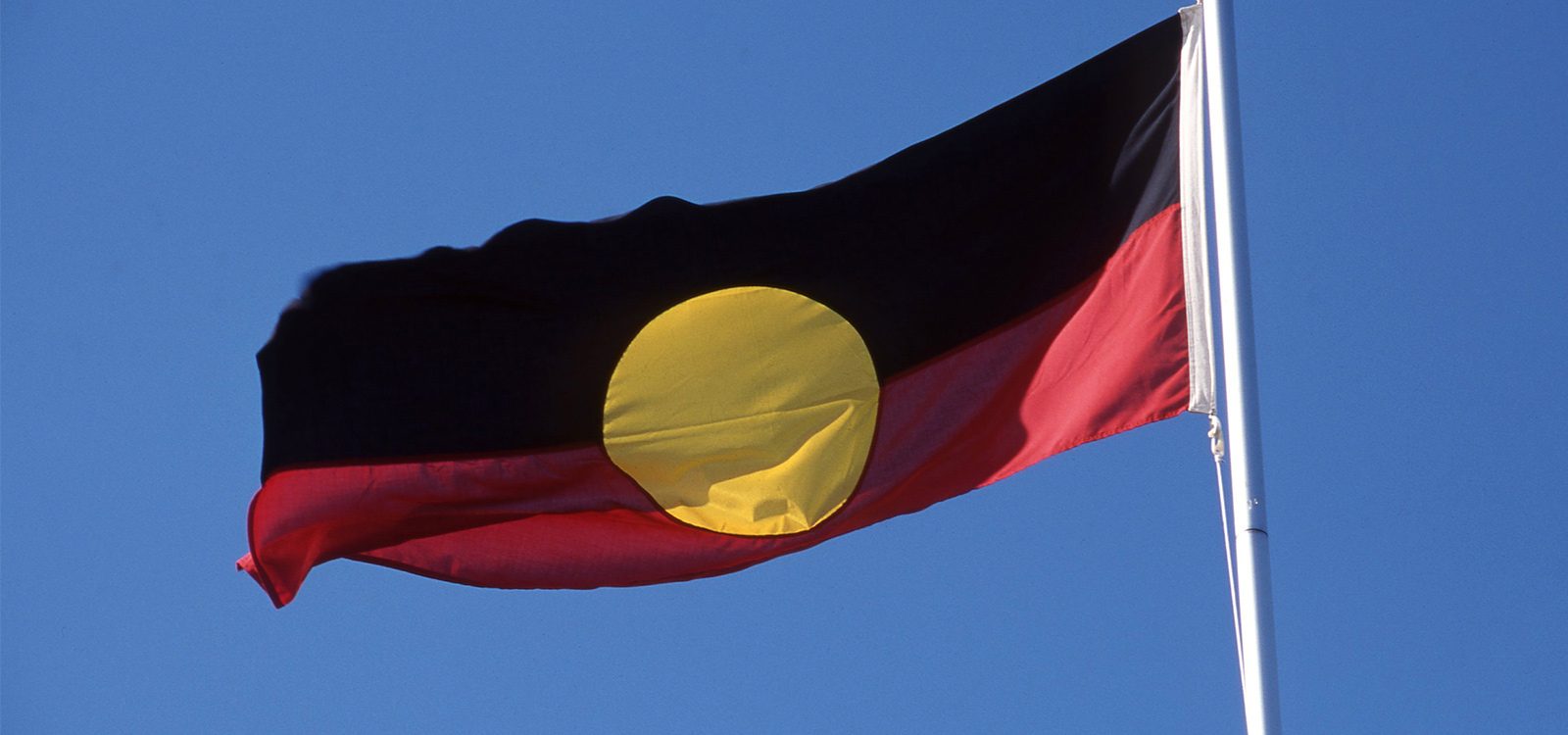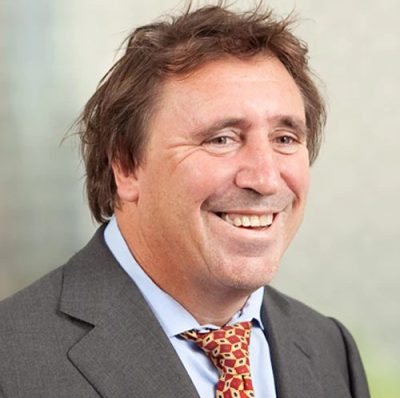
26 January – Australia Day or Invasion Day?
As part of the Actuaries Institute’s learning journey on Aboriginal issues, Clare Hughes, Public Policy Adviser to the Institute, has interviewed Rick Shaw about conflicting opinions on 26 January, known to some as Australia Day, to others as Invasion Day. Rick is the only member of the Institute that we are aware of who publicly acknowledges his Aboriginal heritage. He has developed an Indigenous approach to valuation, climate change and artificial intelligence, each of which may be featured in upcoming Institute articles or events.
Clare: How does 26 January make you feel?

Rick: I like public holidays, and when I was a kid it meant the Adelaide test was about to start. As I got involved in political stuff in my teens, it became Invasion Day, a day of sorrow. It just felt wrong that there was a massive celebration of something that was the start of one people trying to wipe out another people.
My strongest 26 January memory was formed during the Bicentenary march in Sydney in 1988.
A lot of Aboriginal people from the bush joined. They’d never been to Sydney. I remember sitting in Hyde Park on a hot day listening to Gary Foley tell the non-Aboriginal people in the crowd that on this one day they should let Aboriginal people sit in the shade. It made me realise how cap-in-hand many Aboriginal people are, including myself. Four days later after 26 January, 1988, I left Australia to live and work overseas for most of the next twenty years. I couldn’t live with silence about the horrors that have happened.
Now I feel more optimistic. Aboriginal Australians have survived, we’re getting stronger and we’re starting to thrive. We see our own value, and the value of our thinking to Australia.
Clare: What can non-Aboriginal people do?
Rick: Be honest about the past. Acknowledge that you are standing on stolen land. Read the one-page Uluru Statement really closely, as it explains that Aboriginal sovereignty is a spiritual notion, that spiritual sovereignty was never ceded or extinguished, and that it continues in the present. Support the truth-telling Makarrata Commission suggested by the Uluru Statement. Get to know Aboriginal culture.
Adopt Aboriginal ways of living in this land, so that Australia can grow beyond its colonial past.
Consider the damage that has been done to the environment in the last 200 years. Ask for guidance from the people who prospered for over 65,000 years, don’t just look for solutions from within the culture that caused the damage.
Clare: How do you think non-Aboriginal Australians should celebrate 26 January?
Rick: Starting last year, as a member of the Indigenous Leadership Team where I work, I encourage non-Aboriginal Australians to approach 26 January from three angles. 25 January is the view from the shore. It is a day of RESPECT; to appreciate and celebrate the 65,000 years of history and culture before settlement. 26 January is the view from the ship. It should be used to REFLECT on the meaning of the 1788 arrival of the penal colony with the First Fleet of British ships at Port Jackson. 27 January is a chance to REINVENT; to embrace and celebrate a new, shared beginning for our nation.
Clare: How do you respond to people who say, “We should all just move on”?
Rick: Aboriginal people agree. We are eager to move on. That doesn’t mean putting our collective Australian heads in the sand about the past, or ignoring Aboriginal wisdom in the present. It means moving on by working together to build a beautiful culture that puts looking after the land central to how we live.
Aboriginal Australia brings many things to the future: spiritual connection with the land, deep knowledge on how to live in harmony with the land, how to value wisdom over wealth, the value of humility.
Clare: Why challenge 26 January as a day that many Australians celebrate? Aren’t there other days through the year that we use to acknowledge Aboriginal people?
Rick: 26 January is a celebration of a historical nation-forming moment. It is different in character from other occasions like NAIDOC week. So, let’s be honest about all of the parts of that nation-forming moment. Let’s celebrate the day Australia was made accessible to people from all over the world. This is a great place to live and to share. Let’s also be honest that the nation was formed through attempts to exterminate and exclude Aboriginal people.
The First Fleet was itself free of the disease but carried vials of smallpox, possibly with murderous intent, and it is undisputed that the settlers carried out massacres across the land. After attempted genocide wasn’t completely successful, the colony espoused terra nullius. If non-Aboriginal people can face that history squarely themselves, then Aboriginal people will no longer need to do the job of bringing attention to those parts of Australia’s history.
Clare: What’s different about being Aboriginal from other ethnic groups, such as Vietnamese or Greek? Aren’t Aboriginal Australians just like all the other groups that make up a diverse and inclusive Australia?
Rick: Aboriginal Australians have a special, spiritual, relationship with the land. We have a spiritual sovereignty that co-exists with the property rights that the British brought on their ships in 1788. Being indigenous is not identical to all the other ethnic and national identities that we welcome to this land.
Clare: What do you think the Institute can do?
Rick: This is a question of what the Institute should do rather than what the Institute can do. I do not generally support the Institute having views on social policy. Unless it is backed by substantive action, well-meaning words can come across as virtue signalling. I am advising the Institute and talking with you now because I believe in the quality of people in my profession, and in their role as leaders in their field. I think we become a better Australia one conversation at a time.
These are difficult matters that many people would prefer not to discuss. Non-Indigenous people usually refer to reconciliation, which is not a word Aboriginal people tend to use. They also sometimes adopt charitable approaches, such as sponsorship of individuals, which can be culturally inappropriate. Non-Indigenous people need to be wary of acting on behalf of Aboriginal people. We know best what is best for us.
I’d like the profession to lead by showing respect for Aboriginal culture and incorporate Aboriginal insights into our course work and culture. The Institute could improve the cultural safety of the profession. I’d like to not be the only Aboriginal actuary. I expect I’m not.
| In 2022, the Institute will offer members an opportunity to participate in an online cultural awareness program to increase awareness of the history and cultural heritage of Aboriginal and Torres Strait Islander peoples. The program will be offered at a special rate to our members. Further details will be included in an upcoming edition of the Bulletin. |
CPD: Actuaries Institute Members can claim two CPD points for every hour of reading articles on Actuaries Digital.






